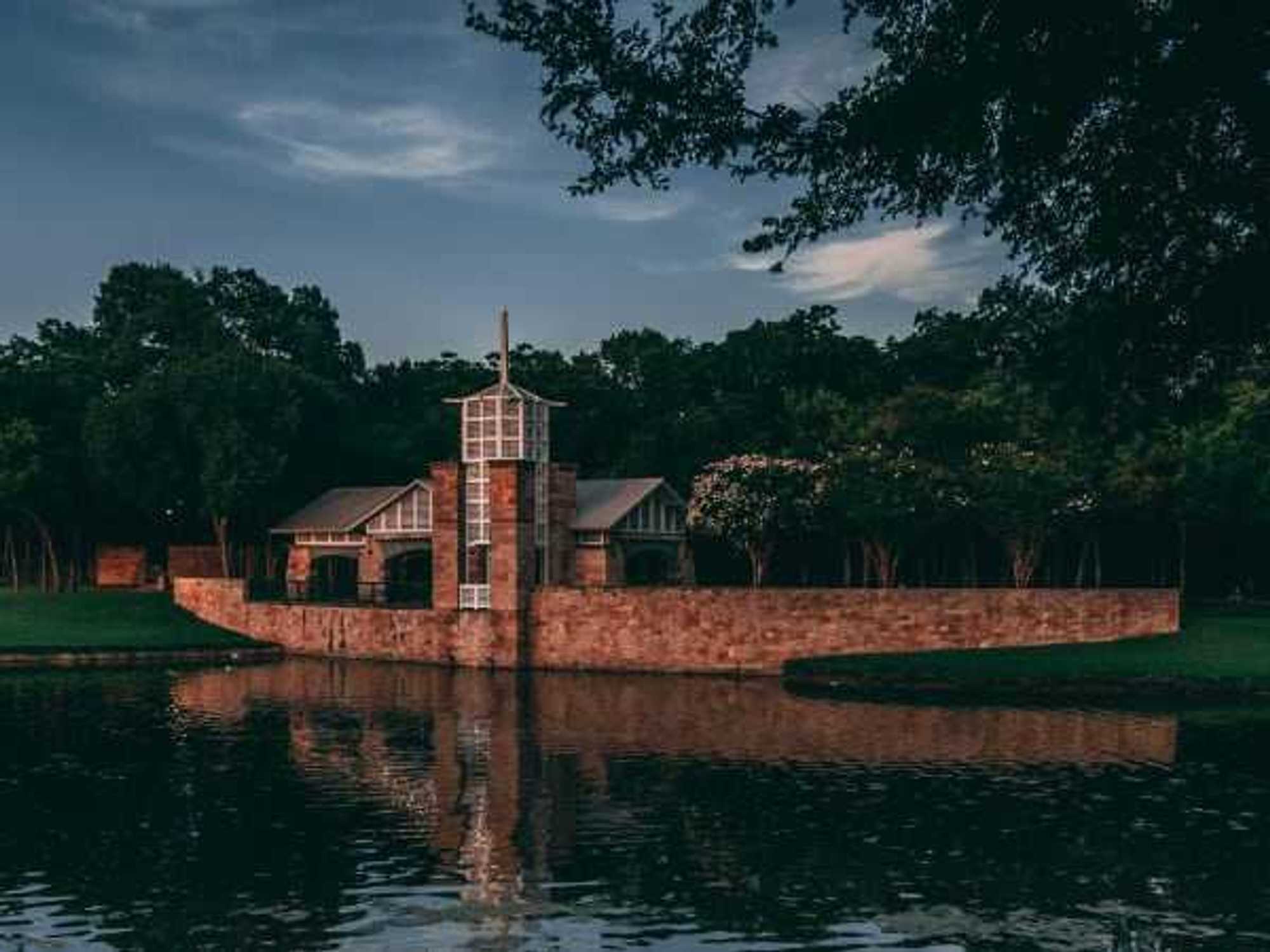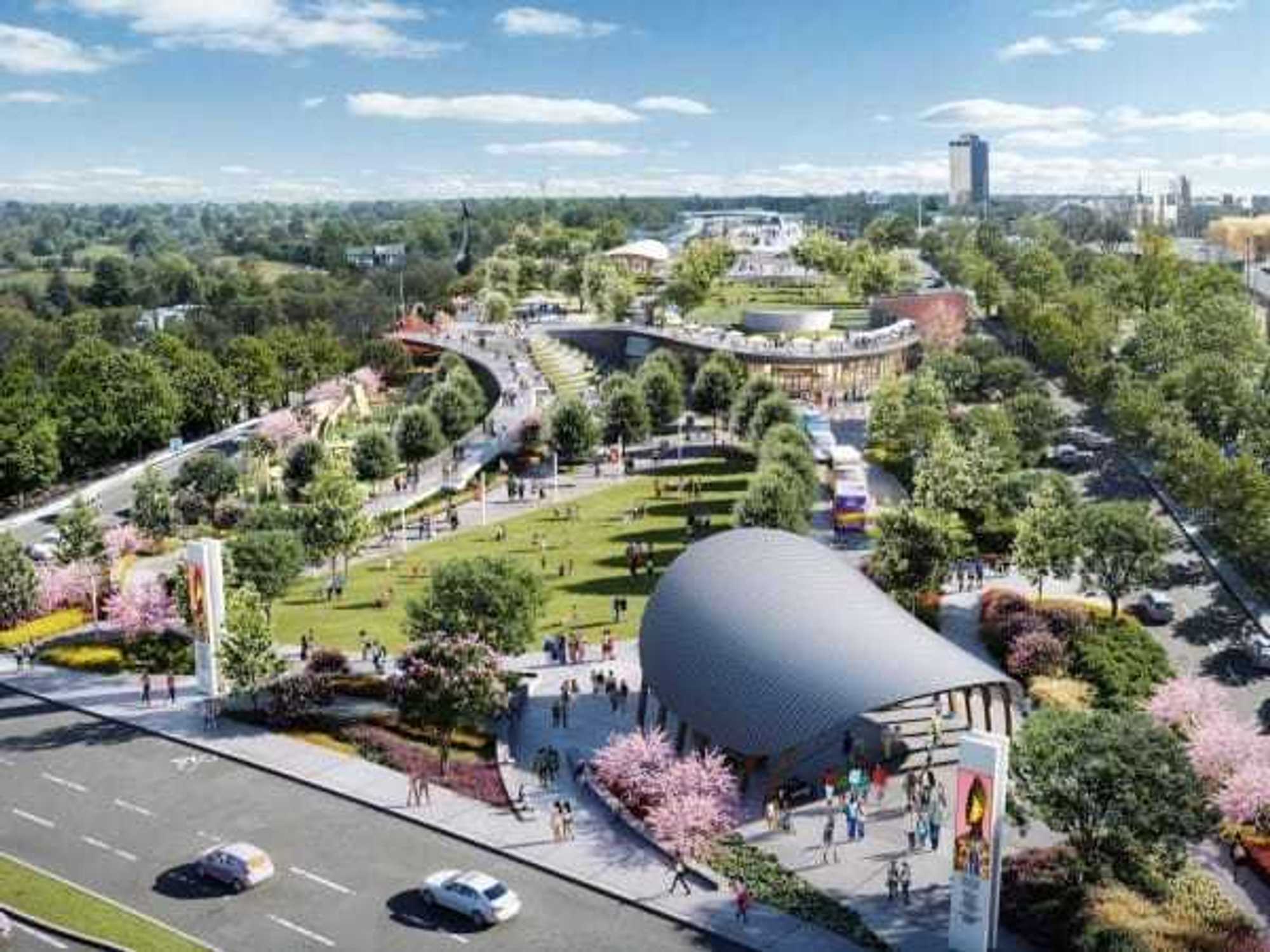flourishing diversity
2 Dallas-Fort Worth cities make the list of most diverse places in U.S.
Living in a multicultural city comes with many benefits. Diverse communities bring new perspectives, greater versatility, and economic boosts, to name a few. And according to a new study by WalletHub, Arlington and Dallas are among the most diverse cities in the nation.
The two Dallas-Fort Worth cities earned top-10 spots in WalletHub's annual ranking of the "Most Diverse Cities in the U.S. (2024)," ranking No. 5 and No. 8, respectively. The report compared 501 U.S. cities across 13 metrics in five categories that encompass "diversity" across socioeconomic, cultural, economic, household, and religious factors.
Arlington earned a score of 72.34 out of a total 100 possible points, following behind Gaithersburg, Maryland (No. 1), Silver Spring, Maryland (No. 2), Germantown, Maryland (No. 3), and Houston (No. 4).
Arlington previously ranked No. 8 in WalletHub's 2021 report, showing that the city has become even more diverse within the last few years.
Arlington performed the best in two overall major categories for cultural and religious diversity, earning a respective rank of No. 31 and No. 41 out of all 501 cities in the study. The suburb's socioeconomic diversity earned it No. 68, while the city fell behind when it came to household and economic diversity, earning No. 251 and No. 121.
More specifically, Arlington performed the best in the rankings for its income diversity (No. 15), racial and ethic diversity (No. 17), and industry diversity (No. 19). But the city fell the farthest behind in the rankings for age diversity (No. 404) and household-type diversity (No. 384).
Here's how Arlington performed within the study's remaining categories out of all 501 cities:
- 61st – Household-size diversity
- 63rd – Linguistic diversity
- 151st – Occupational diversity
- 176th – Educational-attainment diversity
- 182nd – Birthplace diversity
- 272nd – Marital-status diversity
- 311th – Worker-class diversity
"The most diverse cities demonstrate diversity in many dimensions – not just in race and gender but also everything from residents’ languages and birthplaces to their job types and household sizes," said WalletHub analyst Cassandra Happe in the report. "These cities blend together a multitude of different perspectives, helping people to better understand the world around them and become more empathetic. This exchange of ideas also tends to increase the economic success of diverse cities."
Dallas scored 71.79 out of 100 points, falling behind New York City (No. 6) and Jersey City, New Jersey (No. 7) in the overall rankings, but staying ahead of Charlotte, North Carolina (No. 9) and Danbury, Connecticut (No. 10).
Dallas slipped from its former rank as the fourth most diverse city in the U.S. in 2021, so the city has some work to do to catch up.
Across the study's five key dimensions, Dallas scored within the top 10 for its high socioeconomic diversity (No. 8), and remained within the top 100 for its cultural (No. 50) and religious diversity (No. 68). The city fell outside the top 100 for its ranking in economic (No. 190) and household diversity (No. 207).
Dallas earned top-25 rankings in industry (No. 23) and educational-attainment diversity (No. 24th), but edged out of the top 50 for its racial and ethic (No. 51) and linguistic diversity (No. 57). The city performed the worst when it came to worker-class (No. 398) and age diversity (No. 356).
- 147th – Income diversity
- 152nd – Household-type diversity
- 232nd – Occupational diversity
- 245th – Birthplace diversity
- 254th – Marital-status diversity
- 272nd – Household-size diversity
Elsewhere in North Texas, Fort Worth ranked No. 22 overall, while Plano ranked No. 83.
The only other Texas cities to earn spots in the report include Austin (No. 70), San Antonio (No. 87), Corpus Christi (No. 125), El Paso (No. 253), and Laredo (No. 468).
The full report can be found on wallethub.com.


 Renderings for Halperin Park. Courtesy rendering
Renderings for Halperin Park. Courtesy rendering